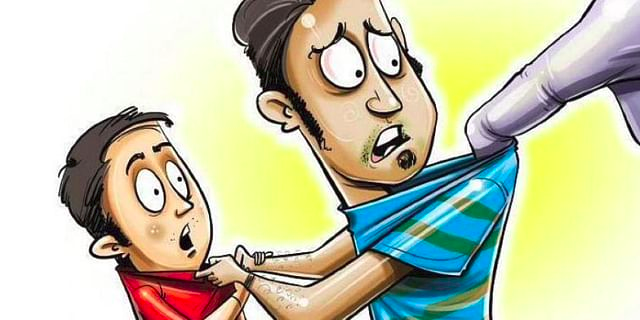NEW DELHI: The Delhi Commission for Protection of Child Rights (DCPCR) issued a circular stating that it is conducting an inquiry to identify the challenges and issues experienced by children in conflict with law regarding legal aid services.
The inquiry will look into the assessment of awareness of the legal proceedings and status of the cases among children alleged to be in conflict with law who are residing in various observation homes, places of safety, situated in the city. The duration of their stay in these institutions along with the reason thereof will also be inquired about.
Also, the identification of issues and challenges experienced by such children in securing bail or release (where applicable) and in securing leave, quality and effectiveness of legal services available to them, and their experiences with the police will also be an important part of the inquiry as per the official circular.
The DCPCR will be taking care of demographic profiles involving social, economic and educational status of the family of such children.
A committee has been constituted in this regard with Justice (Retired) Madan B Lokur as its chairperson followed by members including Sunieta Ojha, Sneha Singh and Ajay Verma, the panel said. Five observation homes in Delhi will be considered by the inquiry committee.
The circular also stated, “Considering that several organisations and individuals have reached out to the commission asserting proclivity to assist the inquiry panel, the commission has decided to formally invite written submissions.”
An official associated with the inquiry said, “The scope of the inquiry is to see that since these children in observation homes are getting mandatorily free legal aid then what the quality of such legal aids is? Are there any gaps?”
The official added, “These children in conflict are not criminals, which is why we keep them away from the hard core criminals and we try to give them a better environment – that is the reformative means of justice. The inquiry committee will look into the challenges they face despite getting the facilities they ought to be getting.”















